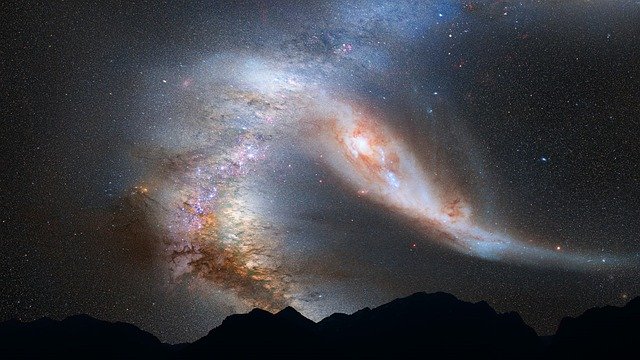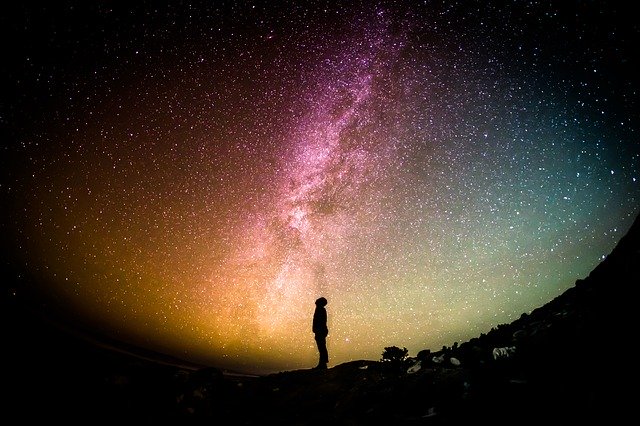Interest in it initially arose from religious faith – the star was considered by people at that time as a god. Evidence that our ancestors recorded the phases of the Moon on the bones of animals dates back to the Stone Age, i.e. 32,000 BCE
·500 BCE.
·300BC- The Mayans edited the exact calendar according to the movement of Venus In 1054, Chinese astronomers observed a supernova explosion in the constellation Taurus and created the Crab Nebula.
In 1066, a return of Halley’s comet was observed.
In 1543, Nicolaus Copernicus proved by his observations, measurements and calculations that the Sun, not the Earth, was the center of the universe.
– Galileo Galilei was the first to use telescopes for astronomical research., etc.
Astronomy fascinated people from the very beginning of scientific research. Today, with deep human knowledge of the universe, interest in astronomy is growing even more. After all, all new knowledge opens the door to another unknown. The more scientists examine the depths of the universe, the more mysteries they discover, and with them more and more questions arise.
What about exploding stars, so-called supernovae? When it explodes, it emits 100 billion times more energy than our Sun. In doing so, a very dense neutron star is formed – a giant ball rotates hundreds of times per second around its axis, with the mass of the entire planetary system.
At the edge of a known region of the Universe, quasars shoot down streams of charged particles millions of light years away. Strange black holes absorb light, distorting space and time. And there are dark energy that is still hard to understand, and dark matter that is still undetectable, but thanks to calculations, we can see that it needs to exist…